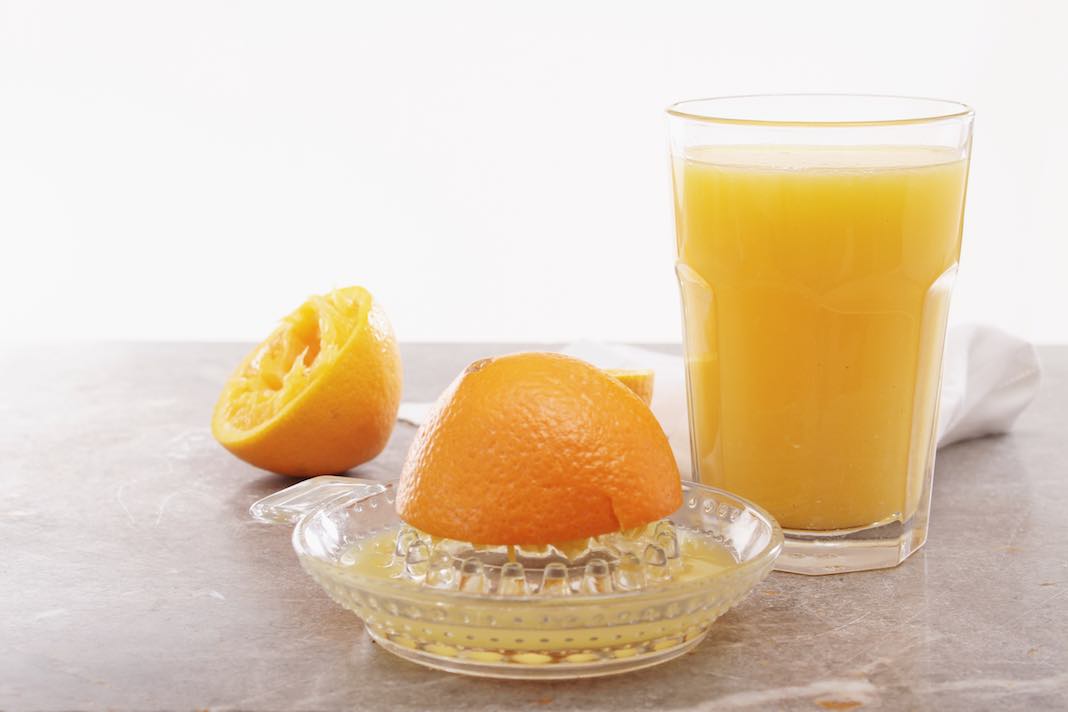Brain food – brain vitamins and brain herbs – have been in the media a lot lately. It’s tough to open the newspaper these days without reading about some wonder drug that will boost your IQ, make you skinnier, or enhance your mood.

There are lots of empty promises out there, which is probably the bad news. But the good news is there are some herbs and vitamins that deliver as promised.
Can herbs affect your IQ test scores? Can supplements boost your IQ? Is it possible to use science to make people smarter?
You’re about to find out what’s true.
And what’s not.
Science and Brain Vitamins
Much of the debate about engineering greater intelligence can be traced back to Princeton University in the late 1990s. There, researchers created a generation of “smart” mice by giving them an extra gene. This gene helped boost the abilities of a brain receptor that typically becomes less effective as we age.
What the scientists were able to show with the “Doogie” mice was that boosting the aging brain receptor helped the mice remember things longer – in fact, up to five times longer than normal mice.
Other tests on vitamins and herbs over the years have had results that are similarly thought provoking.
Brain Vitamin Supplements: What’s Out There?
There are a wide variety of supplements and brain herbs on the market, all claiming to be the answer to boosting your IQ. While a lot of the information is hype, the truth is that there is scientific proof of the benefits of some vitamins and herbs, including:
B Vitamins – It’s not hard to see why B Vitamins are sometimes called brain vitamins. Experts say they are vital for the health of the brain, improving the flow of blood in the brain, helping converting sugar into glucose, the its source of fuel, and helping to create the chemicals necessary for brain function. A deficiency of B Vitamins is often linked to lethargy and decreased mental acuity.
Phosphatidylserine – This phosphorus-rich fatty acid – often called PS – has been shown to improve concentration, memory, and the ability to focus. It is known by many as Viagra for the brain. Many proponents suggest you’ll need to take it for at least three weeks before you notice any mind-enhancing results.
An Italian study of PS showed that older people with impaired mental acuity had significant improvements in their cognitive functions after taking the fatty acid. Another study showed that phosphatidylserine helped to reduce the impact of hormones reduced during times of acute stress.
Vitamin C – Though one of the most surprising candidates for brain booster, Vitamin C has been shown in studies to help improve IQ test scores. In addition to helping with tissue growth and maintenance, it has been shown to affect cognitive abilities. Studies have shown that people who take Vitamin C supplements do better on IQ tests. And those who have achieved lower scores were able to better their subsequent test results by taking more Vitamin C.
Vitamin D – Vitamin D is receiving a lot of press lately, particularly for its value boosting moods and just generally making people feel better. The argument is that with the increasing use of sunscreens, and people avoiding the sun because of (valid!) fears about skin cancer, they aren’t getting enough Vitamin D from this free, natural source.
The good news is you can add Vitamin D to your diet easily with inexpensive drops that can be added to juice or water. And there’s good cause to consider adding this brain vitamin to your diet. A study reported in Scientific American showed that low levels of Vitamin D can inhibit brain function.
 In a nutshell? The lower your Vitamin D levels, the greater your risk for reduced cognitive functioning.
In a nutshell? The lower your Vitamin D levels, the greater your risk for reduced cognitive functioning.
You can read more about the role of Vitamin D and its role as a brain vitamin, if it sounds like a good option for you.
Putting Brain Vitamins Into Perspective
If you are looking for relatively quick and easy lifestyle changes that could boost your IQ test scores by as much as 14 points, check out this short video. It contains some interesting ideas about using diet and food to boost your IQ.
It’s true that brain vitamins brain herbs and brain training can help boost IQ – though by how much is anyone’s guess. Research into the effects of these kinds of brain boosters is still in its infancy. Still, it’s important to put the possibilities into perspective.
When using brain vitamins or herbs, you should practice caution. Too much of a substance could be toxic, and you should do your homework – and talk to your doctor – before you start.
Today, many people are using prescription drugs to improve their performance and up their IQ — but that can have dangerous and serious consequences. Before you decide to use medications to raise your IQ, make sure you do your homework.
Experts suggest that even with the most stringent training, it’s probably only possible to boost our IQ a few points – maybe as many as 10 to 15 – in our lifetime. There’s little chance that you will be able to turn the Village Idiot into the next Nobel Prize winner just by using vitamins. But if you are looking to boost your memory, improve your concentration and thinking more clearly, brain vitamins and brain herbs might be just the thing for you.

